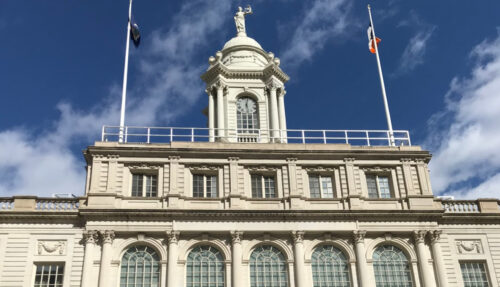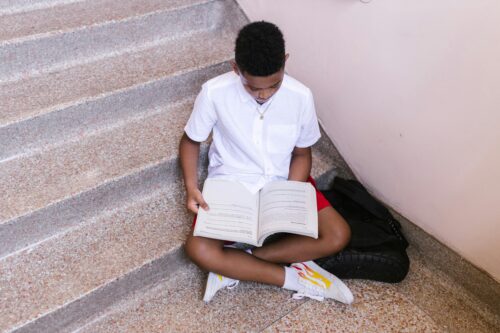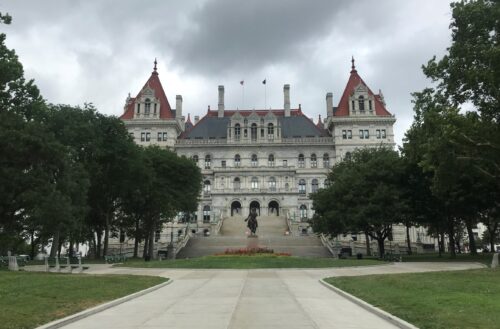
On the one-year anniversary of Mayor Adams’ press conference announcing he would guarantee that every child who needed a preschool special education class would have one by the spring of 2023, Kim Sweet, Executive Director of Advocates for Children of New York (AFC), issued the following statement.






